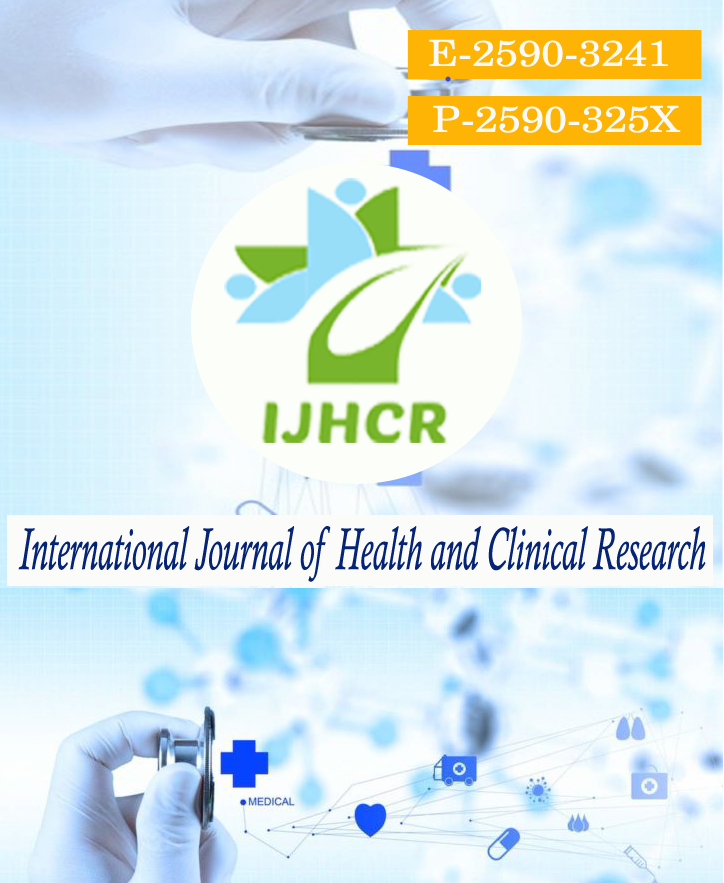
International Journal of Health and Clinical Research
Yazarlar: Garima Baradia, Vandana Vasava, Ram Bajpai, Kavya Baradia, Ivvala Anand Shaker
Konular:-
Anahtar Kelimeler:COVID,9,Coronavirus,Biochemical alterations,LDH,D,Imer,Laboratory research
Özet: Background: “COVID-19 evokes coagulation dysfunctions exhibited with elevated serum LDH and D-Dimer levels.”Aim: The aim of this study was to evaluate the circulating biochemicals in confirmed COVID-19 patients on 1st, 7th and 14th day of hospitalization, their association with disease severity and correlate the values with various organ functions based on metabolic functions. Materials and Methods: A total of 483, RT-PCR confirmed COVID-19 patients were ordered for a panel of blood biochemistry tests and inflammatory markers such as blood LDH, D-Dimer, LFT and RFT on 1st, 7th and 14th day of hospitalization. Regression analysis was adjusted by relevant factors and confounding variables for all concerned electronically collected medical data. Results: Determination of coagulation factors such as serum LDH and D-Dimer in hospitalised COVID-19 patients evidenced a consistent association during patient’s hospital stay, prognosis of the disease and with recovery rates. A similar trend was found for other biochemical variables. Serum total protein and hypoalbuminemia proved to correlate negative with coronavirus infection with AGR improving with hospital stay. Conclusion: LDH along with coagulation factor D-Dimer and other organ-specific biomarkers accompanied good clinical and metabolic outcomes in mild to moderate COVID-19-infected patients. Levels of LDH and D-Dimer may be suitable enough individually to categorize patients as mild, moderate and severe to manage the present pandemic. Clinical significance: The laboratory values of LDH and D-Dimer may enhance early knowledge of the clinician about the severity of COVID-19, prognosis of the disease, treatment regimen.